Knowledge systems can be viewed as networks of actors connected by – formal and informal – social relationships that dynamically combine doing, learning, and knowing. Indigenous and local knowledge, similar to scientific knowledge, is produced in a context of power relations. It is not equally distributed; some knowledge may be considered the domain of specialists or persons of specific positions and/or gender. Therefore, representation is a challenge, and careful consideration is needed about whom is considered the spokesperson(s) of Indigenous and local knowledge systems, how they are appointed, and what forms of representation is allowed for and enabled in science-policy processes.
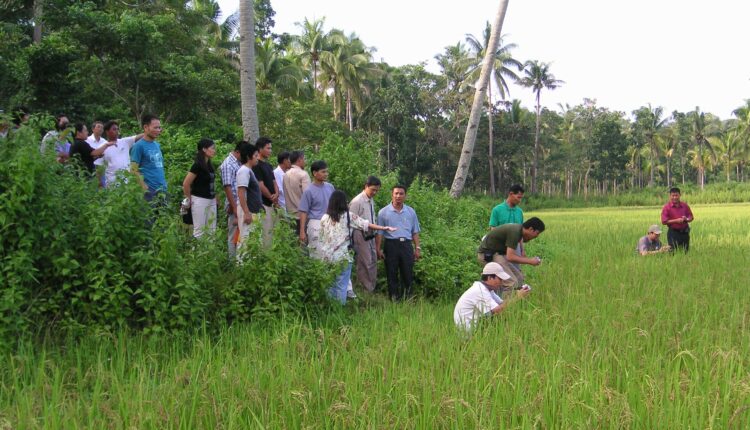
In many cases, researchers who have published on Indigenous and local knowledge in a particular region are cited as the expert on the knowledge. This can be misleading, disrespectful and render the actual knowledge holders invisible and powerless in protecting and governing their knowledge.
In the development of the approach for working with Indigenous and local knowledge systems in IPBES assessment, three different kinds of experts with reference to Indigenous and local knowledge are recognized: 1) Indigenous and Local knowledge holders, i.e. persons from Indigenous Peoples and local communities with knowledge from their own people and communities. 2) Indigenous and local knowledge experts, i.e. persons from Indigenous Peoples and local communities who have knowledge about the issues and contexts of Indigenous and local knowledge across their region and/or globally. They may also be Indigenous and local knowledge holders. 3) Experts on Indigenous and local knowledge, i.e. persons who have knowledge about the issues and contexts of Indigenous and local knowledge across their region and/or globally, who are not from Indigenous Peoples and local communities.
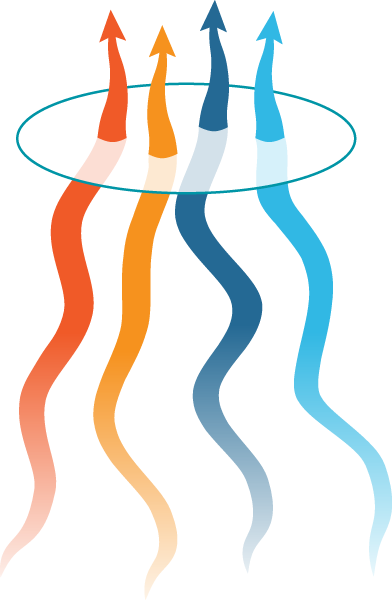
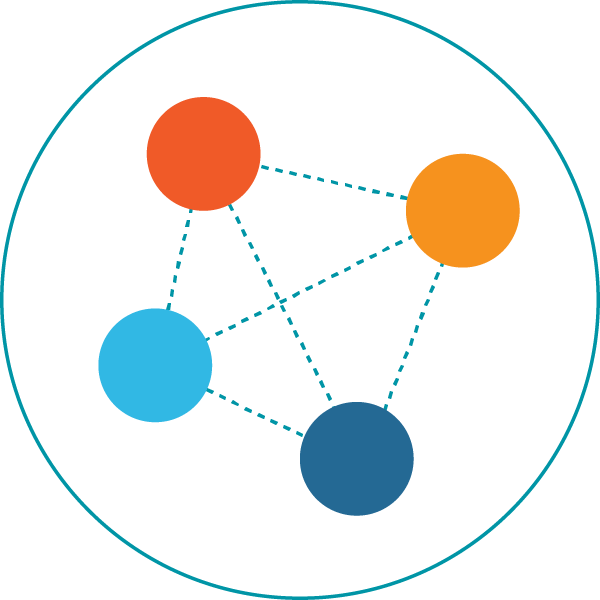
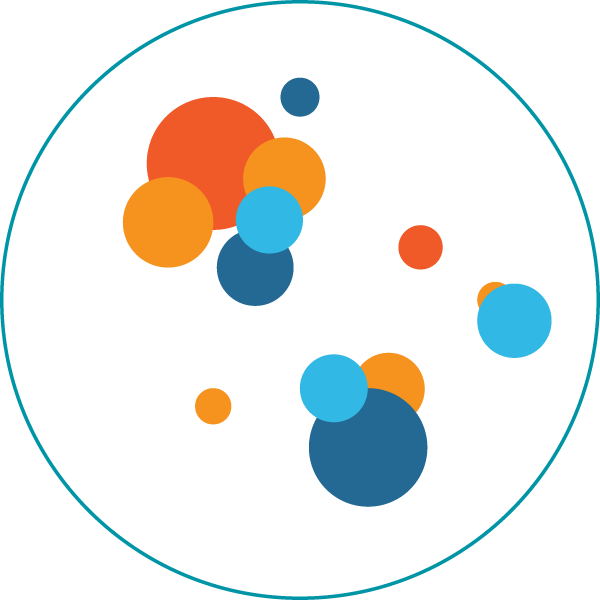
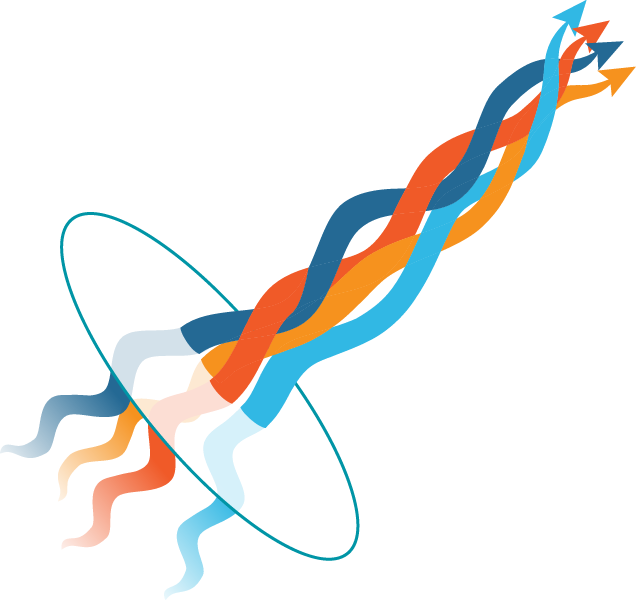
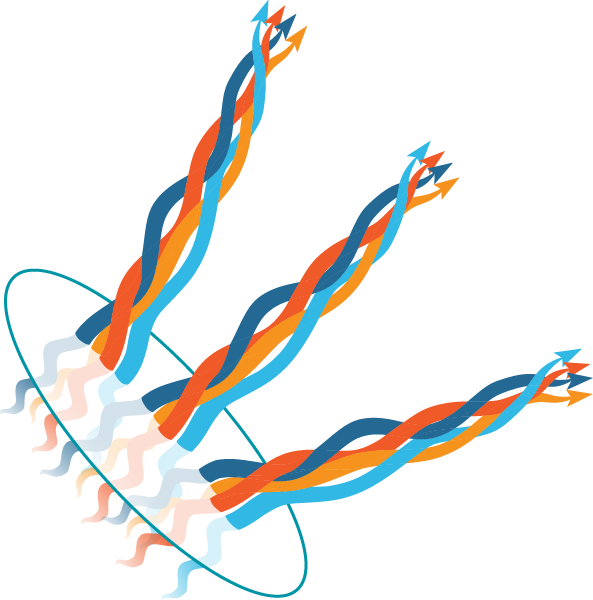
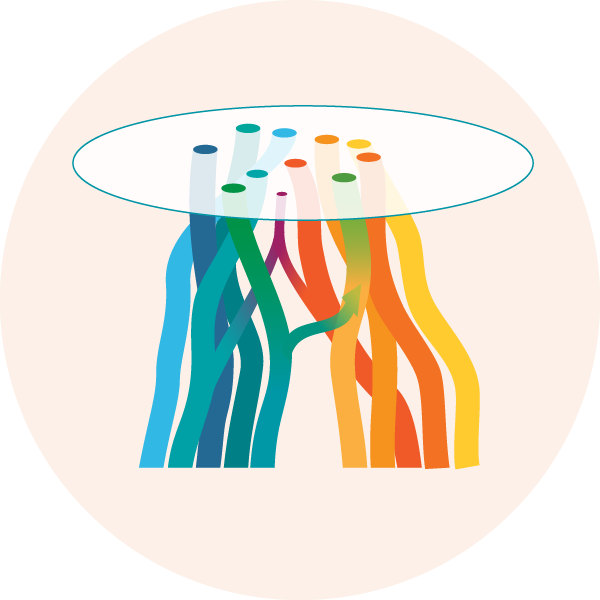
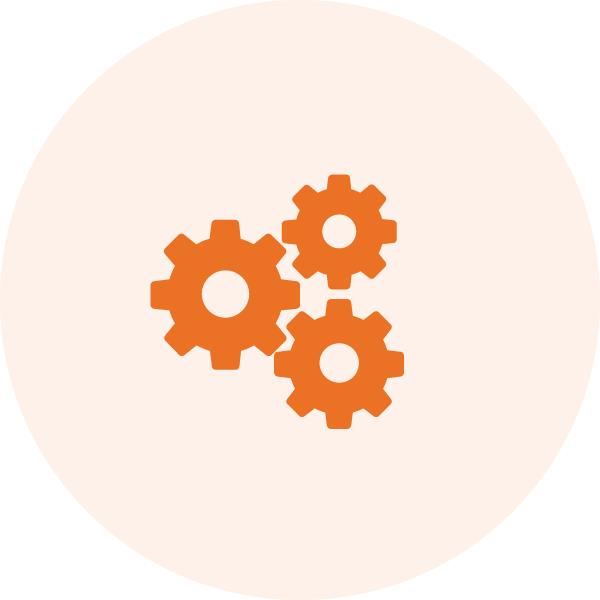

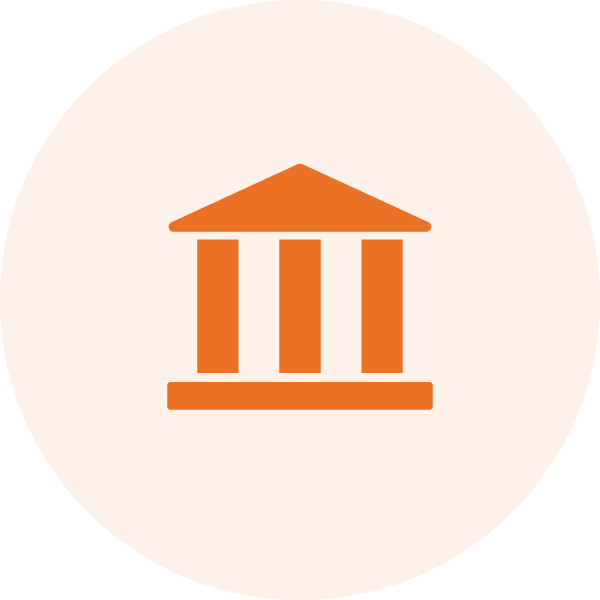
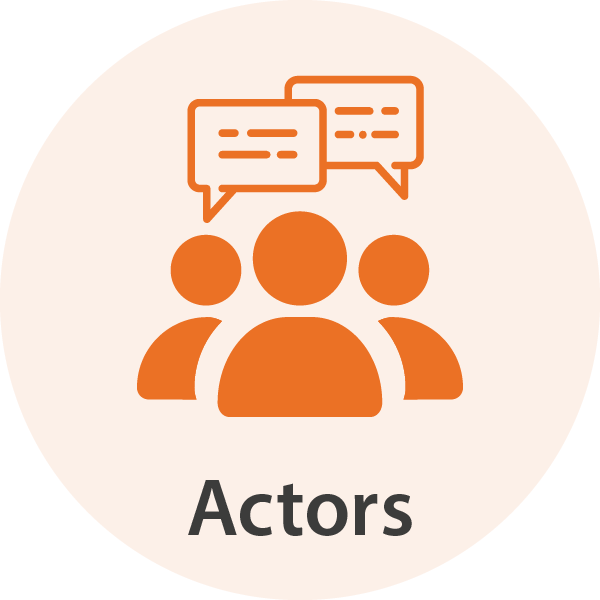
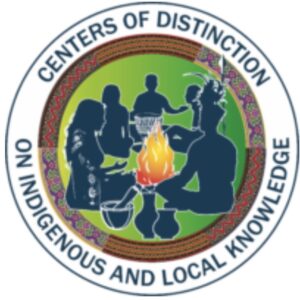 Centres of Distinction on Indigenous and local knowledge
Centres of Distinction on Indigenous and local knowledge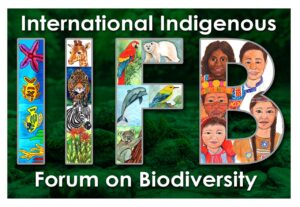 International Indigenous Forum on Biodiversity
International Indigenous Forum on Biodiversity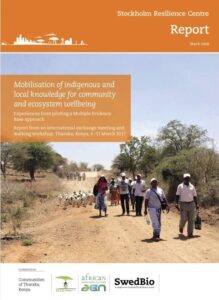 Mobilisation of indigenous and local knowledge for community and ecosystem wellbeing
Mobilisation of indigenous and local knowledge for community and ecosystem wellbeing